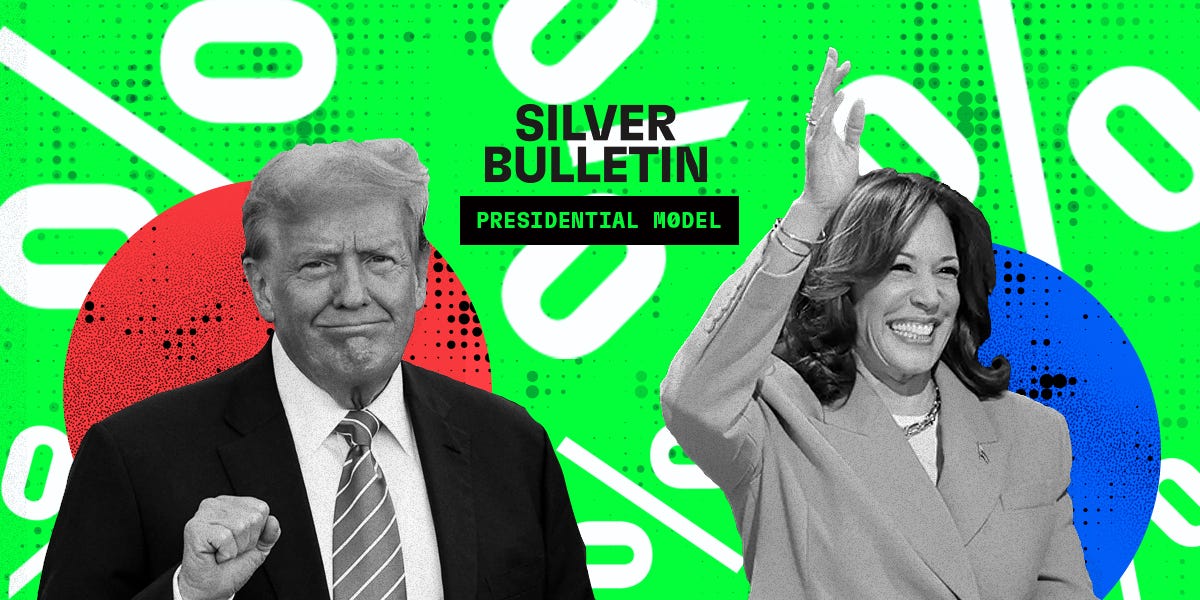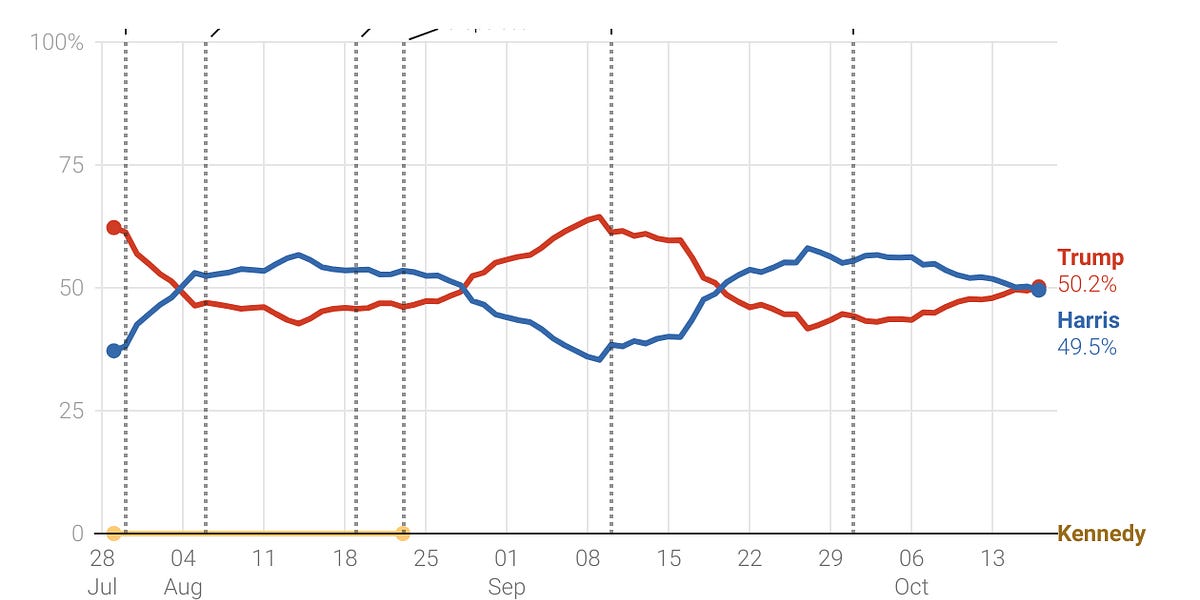

Actually 40 years ago a higher percentage of Americans were “overweight,” so it’s unlikely it would seem more obvious then vs now. The difference is that now many more people are obese, but being obese is fairly noticeable unlike being overweight.
The percentage of people who are in the just-above-normal category of “overweight” has remained very steady and within a narrow band over the years, i.e., it’s been consistently between roughly 31-34% for almost seven decades. It was 32.9% last year. That’s why in my comment I noted that the real concerning thing about the study isn’t really the amount of people who are overweight; it’s the amount of people who are obese and morbidly obese.












Well, you may be right. I’m not going to try to divine cultural sentiment from 40 years ago or whatever. I just think the study collapsing a relatively stable category (people who are “overweight”) with people who are obese and morbidly obese kind of hides the news. Sure, it makes for a splashier headline “75%!!” But the increase in obesity and morbid obesity is actually more dramatic when the “overweight” category is taken out of the focus.